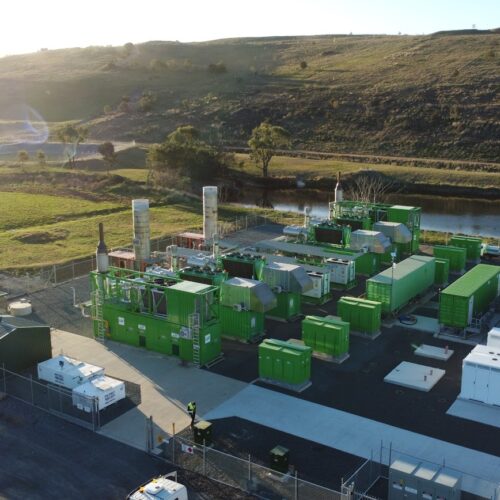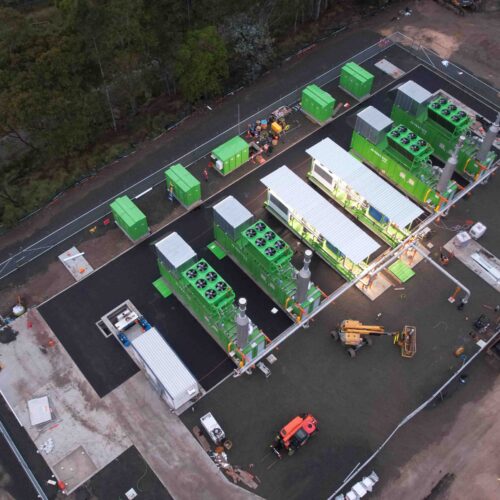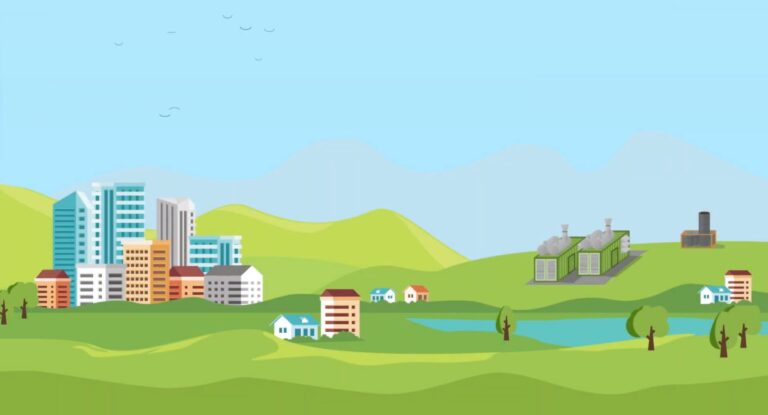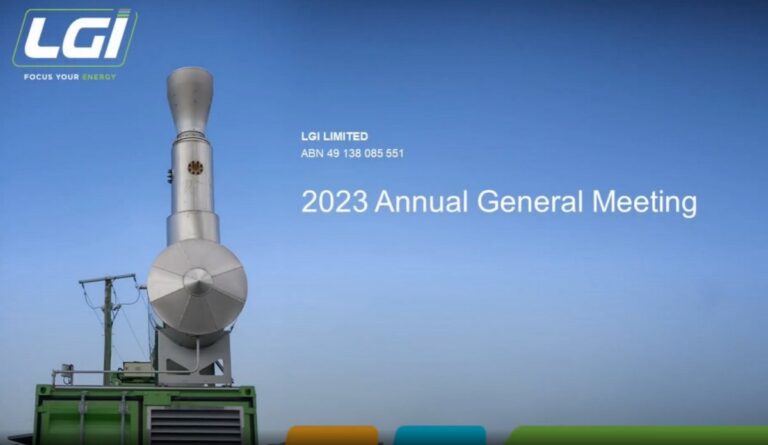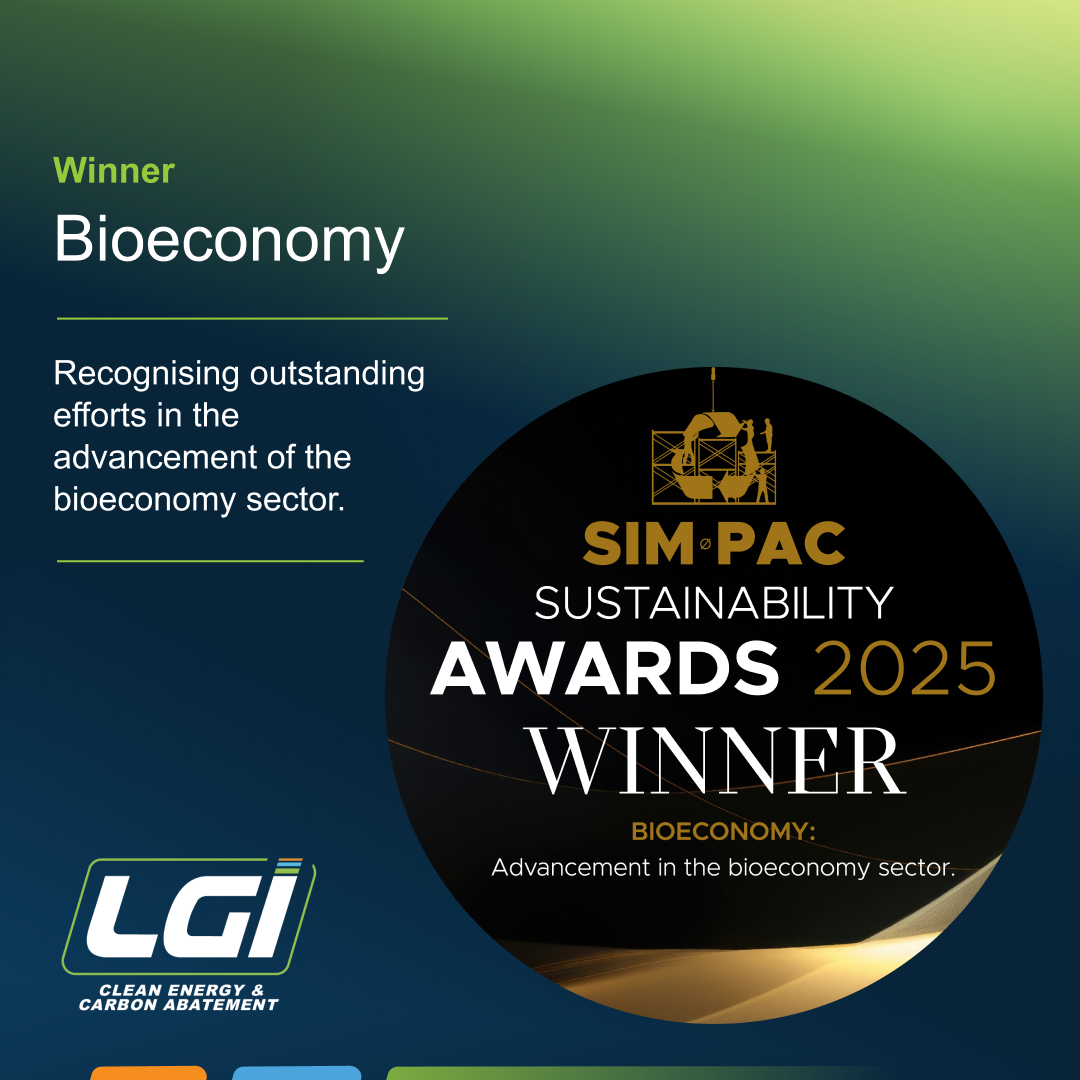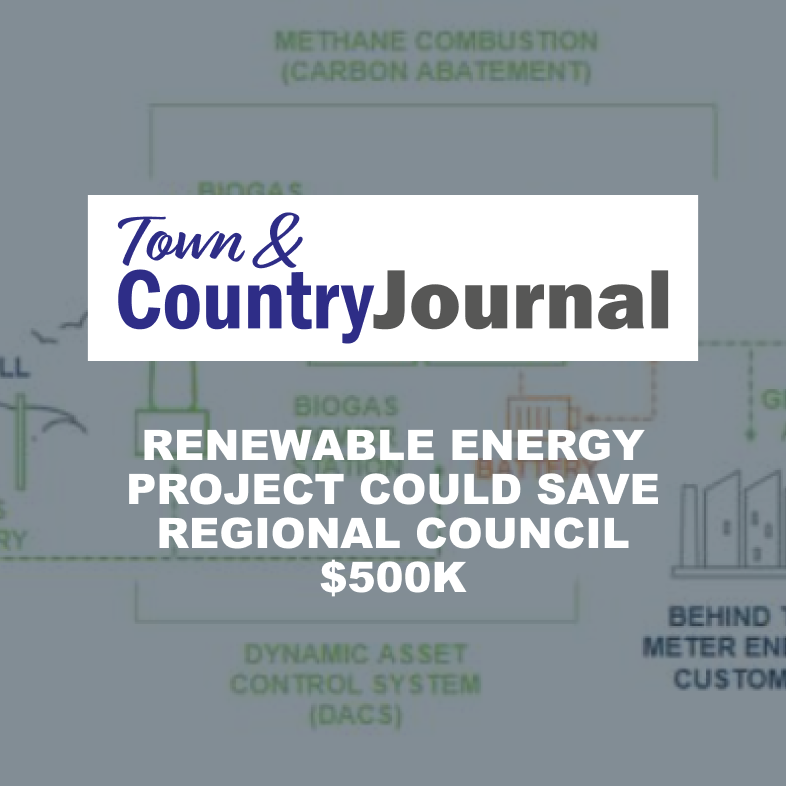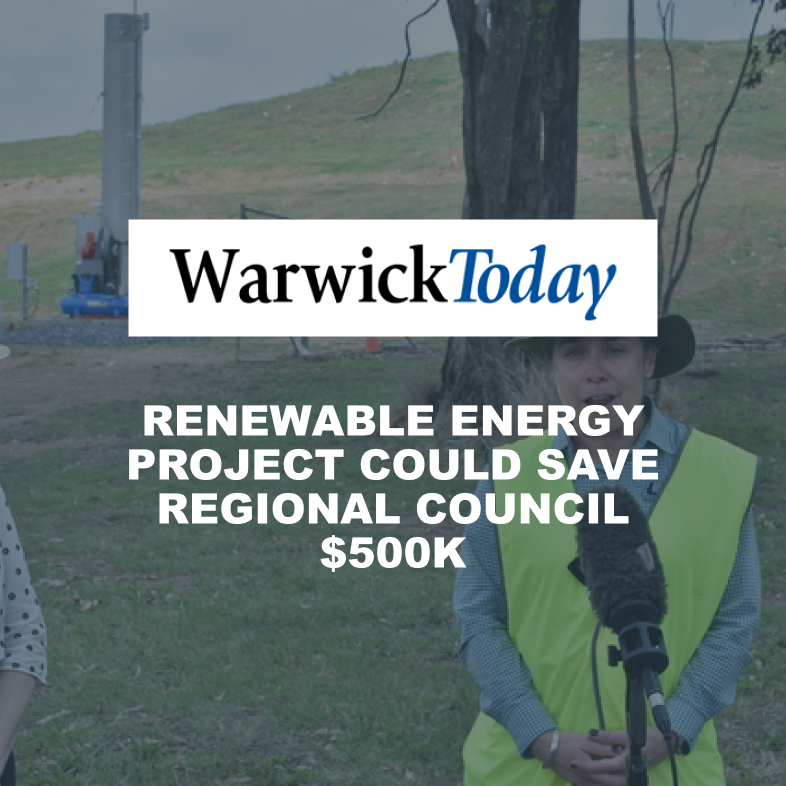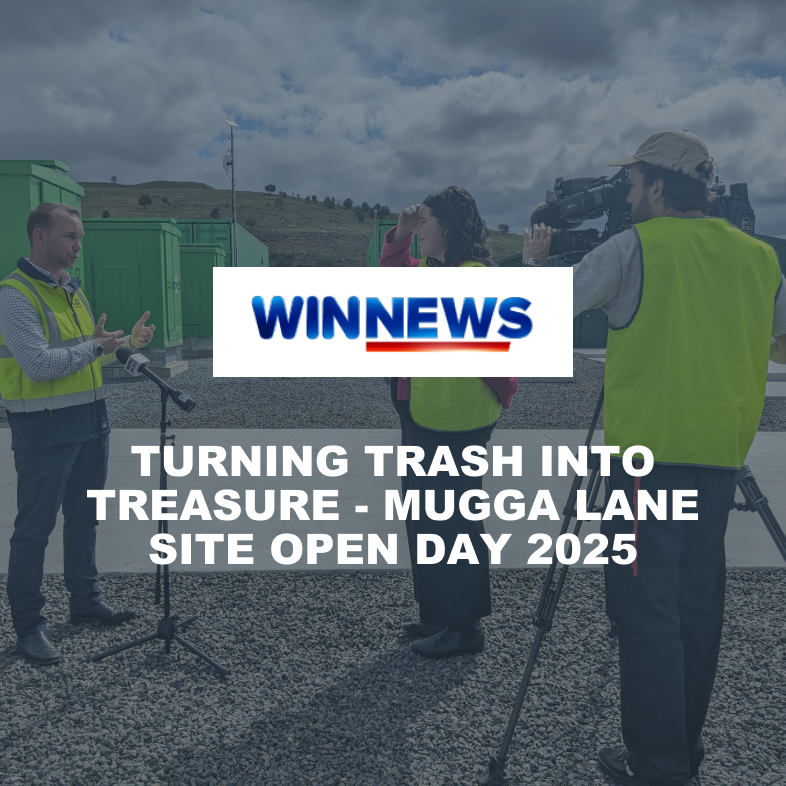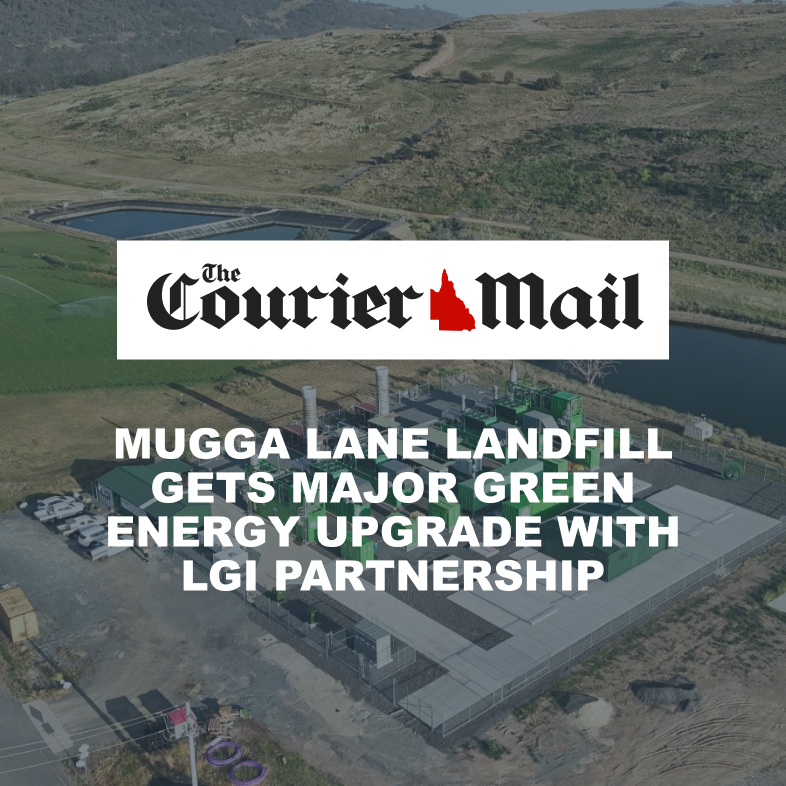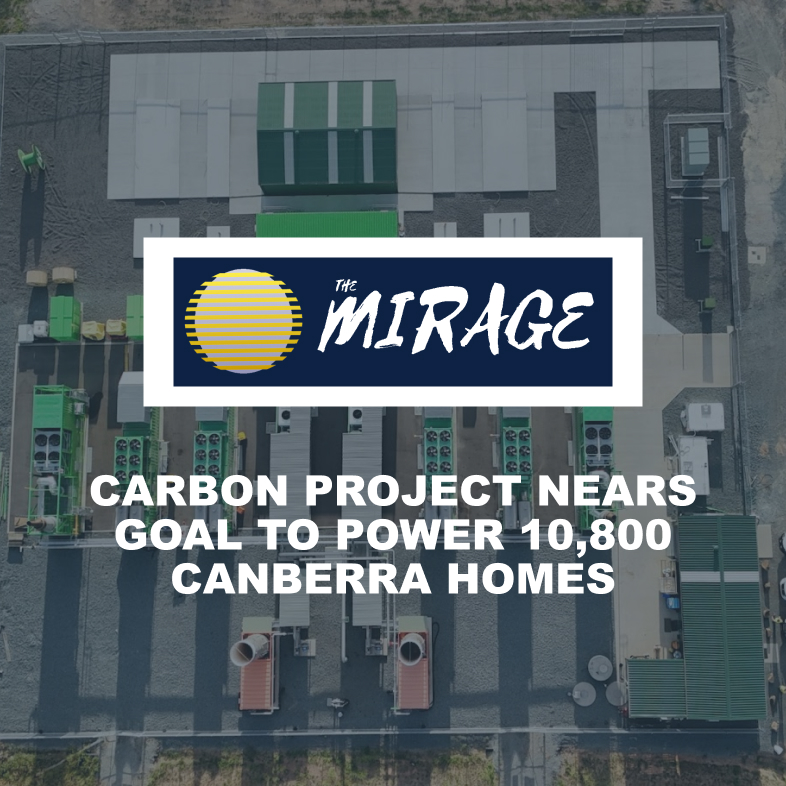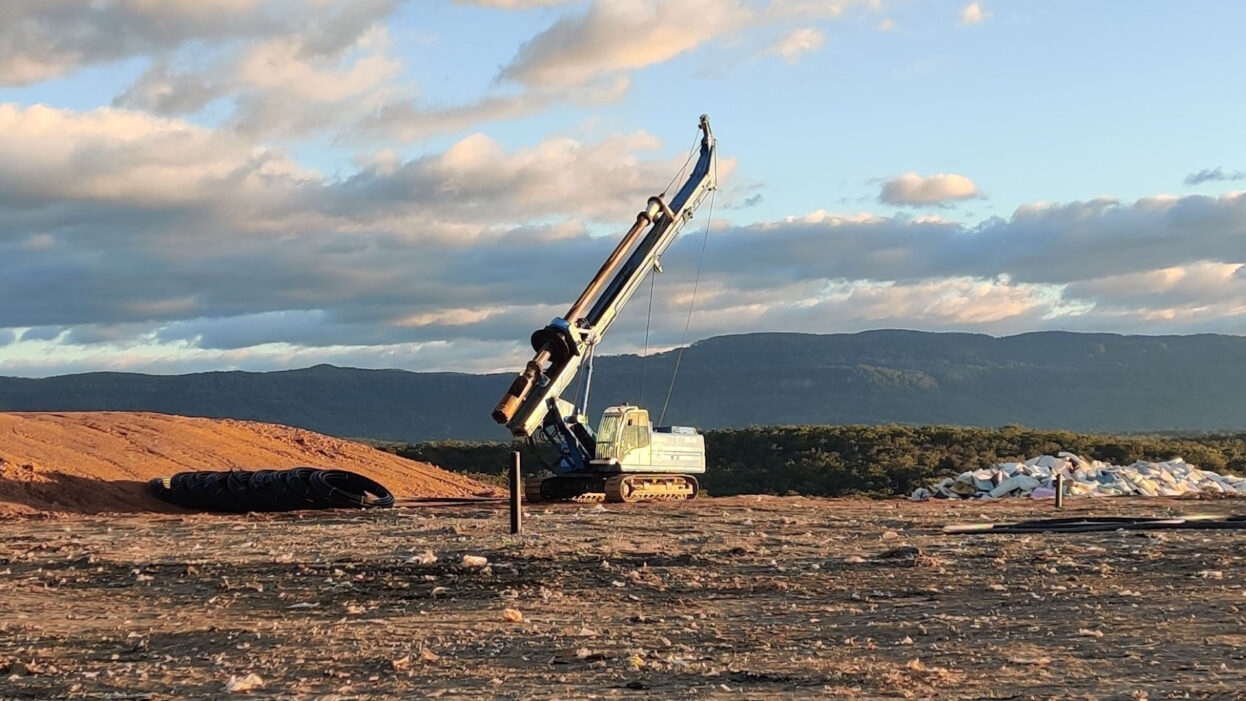Powering Homes with Landfill Biogas
We expedite the transition to renewables with clean energy and carbon abatement solutions. Carbon credits enable a commercially viable project to create additional abatement.
This project represents a long-term contract with the ACT Govt. to recover landfill biogas and abate carbon from the landfill at the Mugga Lane Resource Recovery Centre. LGI’s renewable hybrid energy project optimises biogas extraction to improve local air quality, increase local renewable dispatchable power, reduce greenhouse gas emissions and to contribute to the local economy.
There is no regulatory requirement to capture biogas, however the ACCU method enables additional carbon abatement (above its 66% baseline) making it commercially viable to upgrade and expand the biogas system. It also enabled the installation of a new state of the art biogas to renewable power station and its recent expansion and current upgrade to integrate utility scale battery storage.
A Siloxane Removal System (SRS) is embedded into LGI’s modular power station to deliver O&M savings, increase availability and enable more renewable energy creation. This approach was pioneered by LGI on landfills in Australia.
LGI designed, built and operates the power station, commissioned in June 2020 with 4MW and expanded in 2024 by 50% to 6MW with a 20MW grid connection. It is currently being upgraded to include a 12MW battery energy storage system (BESS).
Since commencing on site LGI doubled biogas recovery and carbon abatement within the first year and continues to increase biogas recovery rates with biogas system and power station upgrades. Mugga Lane is the largest project in LGI’s growing portfolio, and can power over 10,800 homes every year.
The power station supplies consistent, dispatchable (firm and flexible) power to help stabilise the local electricity grid.
LGI leads the way by collaborating with the ACT Government for all aspects (design, installation, operation, maintenance and upgrades) of this renewable power project in our nation’s capital.
Renewable energy
Biogas captured
Carbon abatement
ACCUs created
Seedlings planted
“The addition of battery storage will be game changer for the sector, as it will allow LGI to convert biogas into renewable electricity from a landfill and store the power in an onsite battery for use when it is most needed.”
– Jarryd Doran (LGI CEO)
Once 12MW of battery storage is added to the facility, it will allow unused electricity to be stored for use later during peak times – further supporting the reliability of the local electricity grid and improving the site’s electricity generation to 10,800 homes annually.
When organic waste decomposes, it releases various gases into the atmosphere. One of those is methane, which is 28 times worse for climate change than carbon dioxide. Capturing and processing landfill biogas transforms this harmful gas into a valuable resource — dispatchable, flexible energy. This supports the region with jobs, reliable, affordable energy and enhanced local distribution grid system strength, where the demand is located.
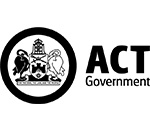


-
Provides renewable energy
-
Stabilises the local electricity system
-
Reduces greenhouse gas emissions
-
Best practice landfill management
-
Improves local air quality
-
Reduces landfill odours
-
Reduces demand for fossil fuels
-
Stores energy in batteries for efficiency
Landfills will be part of the waste management system for many more years and even if they all closed tomorrow, they’ll keep producing harmful methane gas for decades. However, we can and should minimise their impact on the environment and turn them into a positive by making 100% renewables possible sooner.

